https://www.stitcher.com/podcast/ctr-network/aging-greatfull…e/53449222


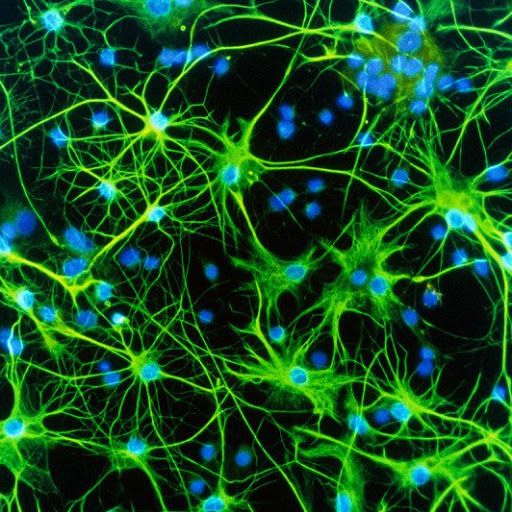
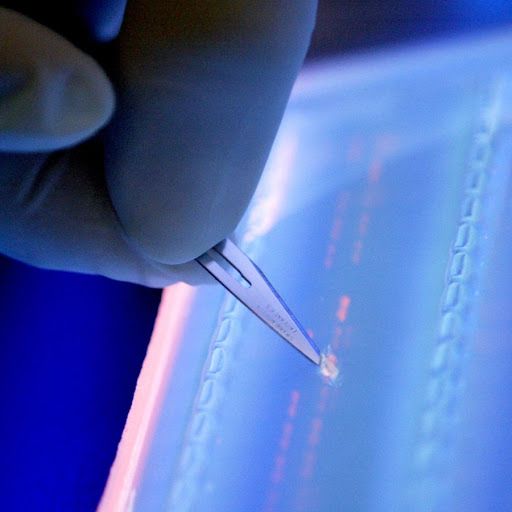
A scientist cuts a DNA fragment under UV light for DNA sequencing. Image: AP Five years ago, when researchers first discovered that bacterial immune systems could be hijacked to edit DNA in living creatures, it was big news. The technology, called CRISPR, allowed scientists to more easily than ever cut and paste all those As, Cs, Ts, and Gs that make up the base pairs of DNA and encode the world’s living things. With CRISPR, scientists could use genetic engineering to tackle problems from disease to famine. But gene editing with CRISPR is so 2017. Recently, scientists have begun exploring n…
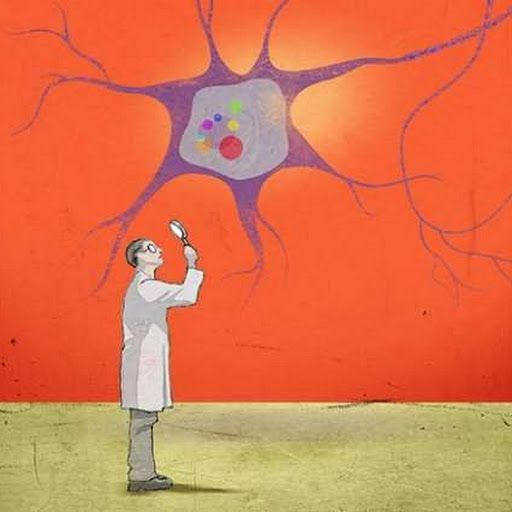
New Whitehead Institute research may prove to be a useful paradigm for targeting diseases caused by abnormal methylation. Credit: Steven Lee/Whitehead Institute Fragile X syndrome is the most frequent cause of intellectual disability in males, affecting one out of every 3,600 boys born. The syndrome can also cause autistic traits, such as social and communication deficits, as well as attention problems and hyperactivity. Currently, there is no cure for this disorder. Fragile X syndrome is caused by mutations in the FMR1 gene on the X chromosome, which prevent the gene’s expression. This abs…

Summary: Designer babies have recently become possible, as new techniques have gained credibility from serious scientists. Here’s how they can do it. [This article first appeared on LongevityFacts. Author: Brady Hartman. ]
On Feb 8, the AHA named “Fixing a gene mutation in human embryos” as among the “top advances in heart disease and stroke research” of the past year. They joined a chorus of voices heralding this as a research breakthrough.
The announcement brought attention to the fact that US scientists have recently demonstrated the plausibility of using gene editing to make designer babies.
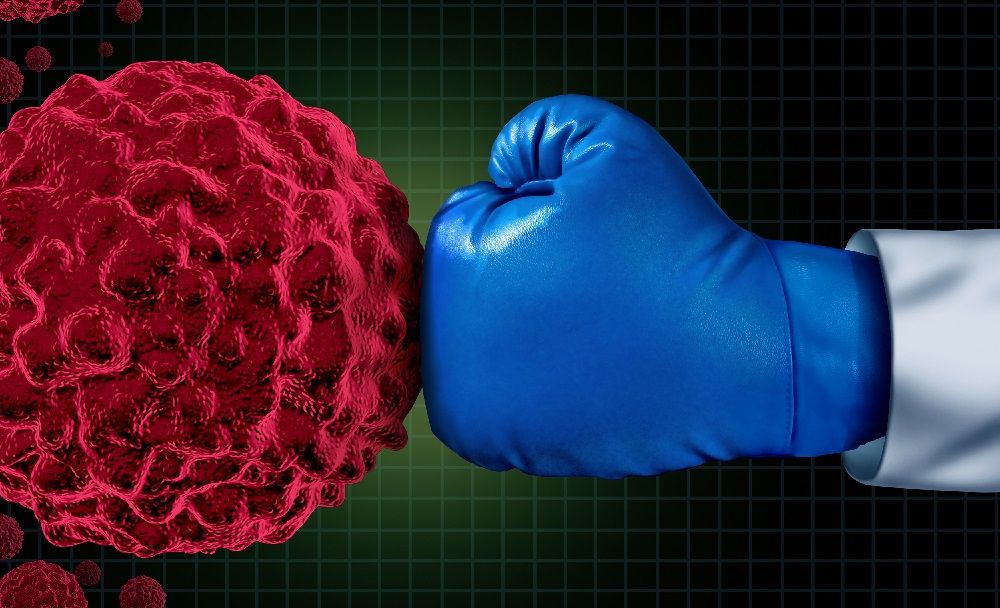
Summary: In a medical first, scientists at CWRU have inhibited metastasis – the spread of cancer cells to another part of the body. [This article first appeared on LongevityFacts. Author: Brady Hartman. ]
In a first of its kind victory, researchers from the Case Western Reserve University (CWRU) School of Medicine and six other institutions have inhibited the spread of cancer cells from one part of the body to another.
To accomplish this feat, the team relied on a novel epigenetic model of how cancer metastasizes. Epigenetics is the master program which turns genes on and off. The group included researchers from the National Cancer Institute (NCI) and the Cleveland Clinic. The researchers published their results in the journal Nature Medicine.


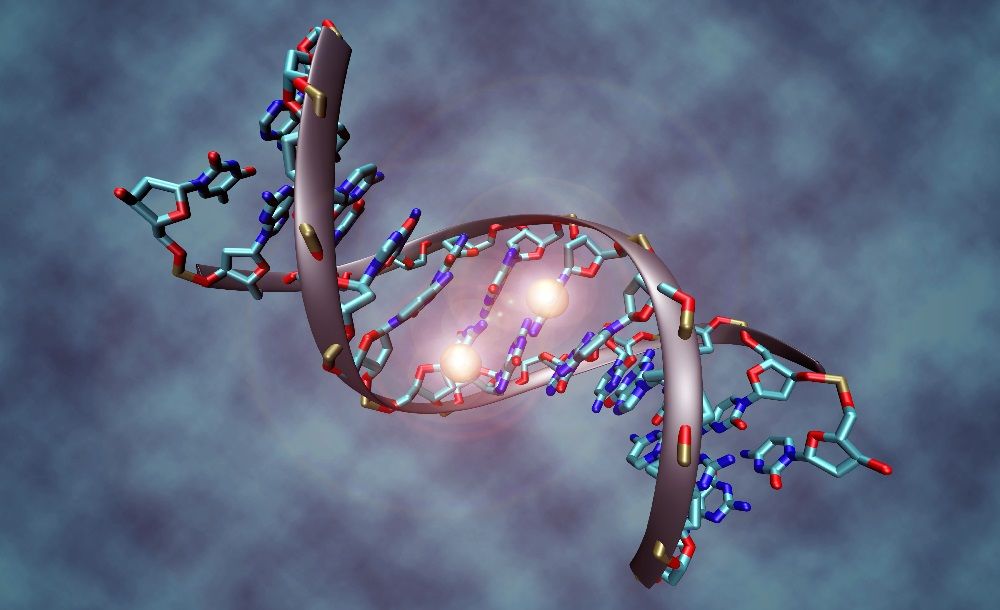
Summary: Researchers at the University of California discovered a key way that cancer manipulates the genetic code using DNA methylation that has important implications for the treatment of cancers. [This article first appeared on the website LongevityFacts.com. Author: Brady Hartman. ]
Up until now, scientists haven’t fully understood how DNA methylation causes changes in our genetic code that enable cancer to thrive.
Now, a team led by associate professor Jikui Song at the University of California Riverside have deciphered the crystal structure of an enzyme that plays a crucial role in DNA methylation that allows tumors to survive and grow.
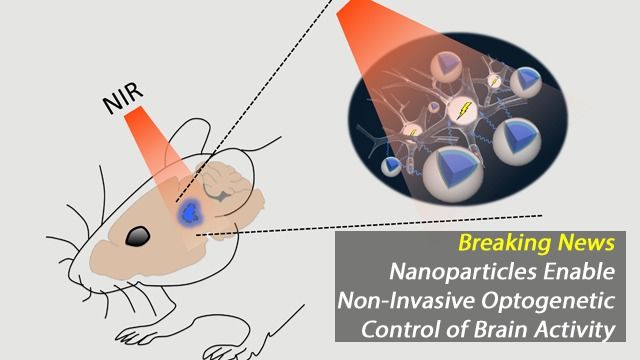
You can’t peer very far down into a well or below the surface of the ocean before things go dark—light does not penetrate to such depths. Though the brain is far from bottomless, neuroscientists face the same lack of light when they try to study living deep-brain structures. This is especially frustrating given that optogenetics, a method for manipulating genetically tagged brain cells with light, has exploded in popularity over the past decade. “Optogenetics has been a revolutionary tool for controlling neurons in the lab, and hopefully someday in the clinic,” says Thomas McHugh, research group leader at the RIKEN Brain Science Institute in Japan. “Unfortunately, delivering light within brain tissue requires invasive optical fibers.”
McHugh and colleagues now have a solution for sending light to new depths in the brain. As they report in Science on February 9, upconversion nanoparticles (UCNPs) can act as a conduit for laser light delivered from outside the skull. These nanoparticles absorb near-infrared laser light and in turn emit visible photons to areas that are inaccessible to standard optogenetics. This method was used to turn on neurons in various brain areas as well as silence seizure activity and evoke memory cells. “Nanoparticles effectively extend the reach of our lasers, enabling the ‘remote’ delivery of light and potentially leading to non-invasive therapies,” says McHugh.
In optogenetics, blue-green light is used to turn neurons on or off via light-responsive ion channels. Light at these wavelengths, however, scatters strongly and is at the other end of the spectrum from the near-infrared light that can penetrate deeper into brain tissue. UCNPs composed of elements from the lanthanide family can act as a bridge. Their ‘optogenetic actuation’ turns low-energy near-infrared laser light into blue or green wavelengths for control of specifically labeled cells. Though such bursts of light deliver considerable energy to a small area, temperature increases or cellular damage were not observed.